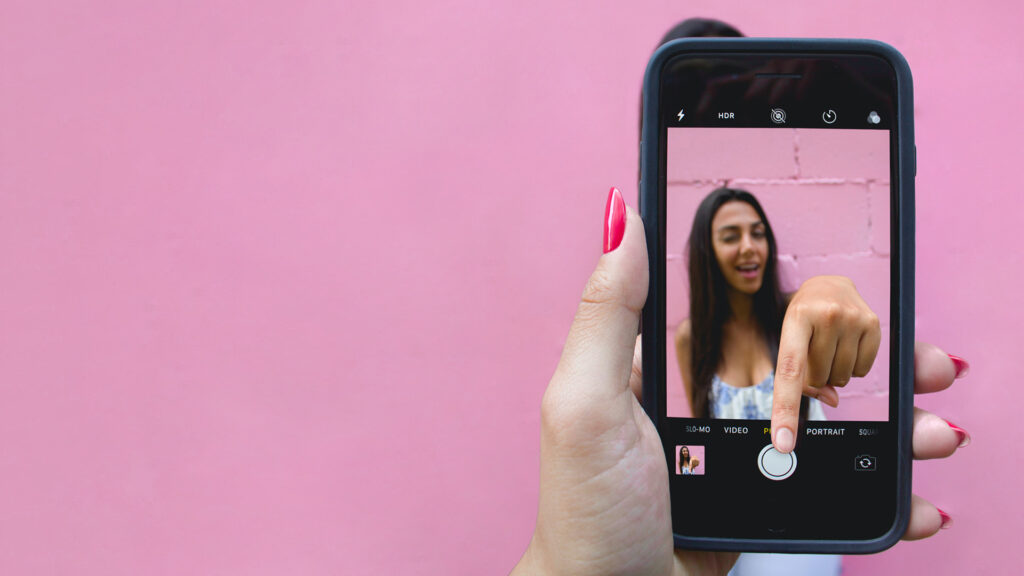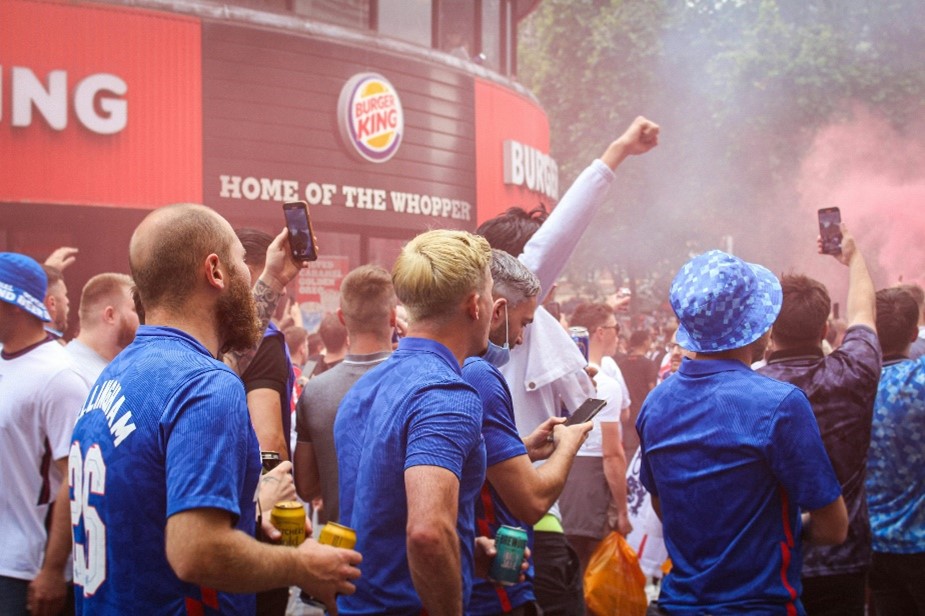De-influencing is one of the latest social media trends that’s making waves, with content creators taking to their social channels to share the products they do not recommend, or cheaper alternatives to pricey ‘holy grail’ products.
The trend is flipping traditional influencer marketing on it’s head, so we asked Hatch’s Social Lead, Jack, what his thoughts were on de-influencing.
De-influencing seems to be taking over at the minute, why do you think we’re seeing a rise in the trend?
There are a number of factors that have arguably led to the rise in de-influencing but two stand out to me as having the most impact; the cost of living crisis and authenticity.
The cost-of-living crisis has impacted nearly every aspect of life around the world, social media and influencer marketing are no different. Influencers need to be reactive to the reality of their audience and for most that reality is cutting back and saving money. At a time when most people are making serious considerations about their spending habits and looking for products which offer genuine value for money it makes no sense for influencers to be promoting products which could be viewed as frivolous or potentially not good value for money.
Some influencers might avoid this by simply not mentioning such products, but some have taken the next step by actively calling out brands that offer products and services they perceive to add little to no value to their audience’s lives. In their eyes, remaining silent and allowing their followers to arguably waste money on such things, is in-authentic.
How do you think this will impact influencer marketing as we know it?
Influencers will and should continue to accept money in exchange for promoting products, however the rise of de-influencing could lead to increased transparency between brands, creators and their audience.
One of the factors that has led to the de-influencing trend is that some creators take money for products that have no real interest in or connection to and promote them as if they do, in other words being in-authentic.
A remedy for this is increased transparency and partnership relevance. A lot of brilliant influencers have been doing this for years now, but brands and creators should clearly state what the nature of the partnership is and ensure that promoted products are relevant to their content and their audience.
Do you think de-influencing is positive?
There are certainly positive elements to de-influencing. Promoting more cost-effective products for consumers, encouraging people to think about the impact of their purchases on the environment and from an influencer industry perspective it’s once again showcasing the need for relevant brand and influencer partnerships that provide value to the audience, which can only be a good thing.
Do you think the de-influencing trend is related to an increased concern for sustainability?
Whilst there are certainly elements of the trend that focus on the environmental impact of cutting back on unnecessary spending, I think at its core the trend is more of a reaction to the economic reality most people are facing. If the de-influencing trend does promote important sustainability messaging and encourage both consumers and brands to assess their environmental impact, that can only be a good thing.
To find out more about creating authentic influencer marketing strategies, email us at hello@hatch.group





